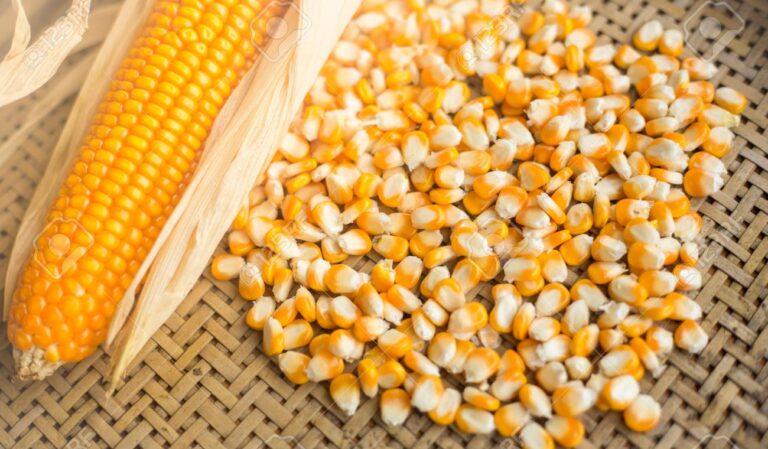
Corn is a versatile grain used in various forms, including fresh corn on the cob, canned corn, cornmeal, and corn flour. It serves as a fundamental ingredient in countless food products, from breakfast cereals and snack foods to corn syrup and cornstarch. Moreover, corn is a primary source of animal feed, supporting the livestock and poultry industries worldwide.
In addition to its importance in the food supply chain, corn is a valuable industrial commodity. It is used in the production of ethanol, a biofuel that blends with gasoline to reduce environmental impacts. Corn’s use in ethanol production contributes to renewable energy and reduced greenhouse gas emissions.
Corn cultivation is influenced by factors such as climate, soil conditions, and advancements in agricultural technology. Major corn-producing countries include the United States, China, Brazil, and Argentina.
As global populations grow and dietary preferences change, corn remains a cornerstone of agriculture, impacting not only food security but also the renewable energy sector.
